Dear Todd,
Thanks for your response to my thoughts about The Quest. I especially like the fact that we have been able to be frank with each other. To summarize what I think is the key point in the exchange, I wrote:
As you know from our discussions Todd, I think that when we are confronted with a mass of brick walls—one right after another—we ought to carefully consider whether we are on the right track. My concern with The Quest is that it provides little guidance on how to determine when one is wrong. It talks about being humble and admitting when you’re wrong—but how would you know? Won’t there always be one more tunnel you can dig or one more ladder that you can throw up? How would you know?
You responded by writing the following:
I hold my position out of conviction and faith, and if I change my mind (and as far as I can see, that’s a big IF), it will be through the conviction of the Holy Spirit. I expect that conviction might come through further study of the Bible, theology, and the history of Christian interpretation, which you know I’m already doing.
I appreciate your sensitivity to the guidance of the Holy Spirit, Todd. It has characterized our times together, which is why I have loved working with you. Furthermore, that sensitivity to the Spirit’s guidance and faith in general is central to how the early church operated.But God’s church has not used faithful prayer alone in sorting out the big issues. The Church needs criteria grounded in reason too. Romans 14 is still a marvelous lodestone as Christians seek the Spirit’s guidance in making their way through thorny patches. So, like you, I endorse the matter of conscience as you lay it out in working through your beliefs, including your personal beliefs about creation. But the focus of your book, The Quest, is not so much about your personal quest, rather it is a rallying call for others; it is a sort of manifesto for the next generation of young age creationists. It has general significance for the Church as a whole and your thoughts need to be put into that context. The story of the ancient Church is the story of various individuals and groups of people heading in all sorts of different theological directions, each supposedly believing they were doing so under the guidance of the Holy Spirit. The Church made it through those times by using reason to sort out which perspective was right and which one was wrong. Todd, the Quest, as you lay it out for the next generation can’t only be about faithful prayer as important as that is. We need the check of reason; it is too easy to go on forever with ad hoc hypotheses. You have rightly called for humility, for being willing to admit error. But God’s church has not used faithful prayer alone in sorting out the big issues. The Church needs criteria grounded in reason too.
This is why our discussions remain so important. Your book, The Quest, is a great and much necessary start. But the equally significant work—illustrated in a still-rudimentary form by our joint book, The Fool and the Heretic—has also only just begun. It is a parallel, but essential component of progress on this all-important issue. I know that we are both grateful to our friends at The Colossian Forum who have played the central role in getting us started and guiding us through these early stages.
In Christ’s Love,
Darrel
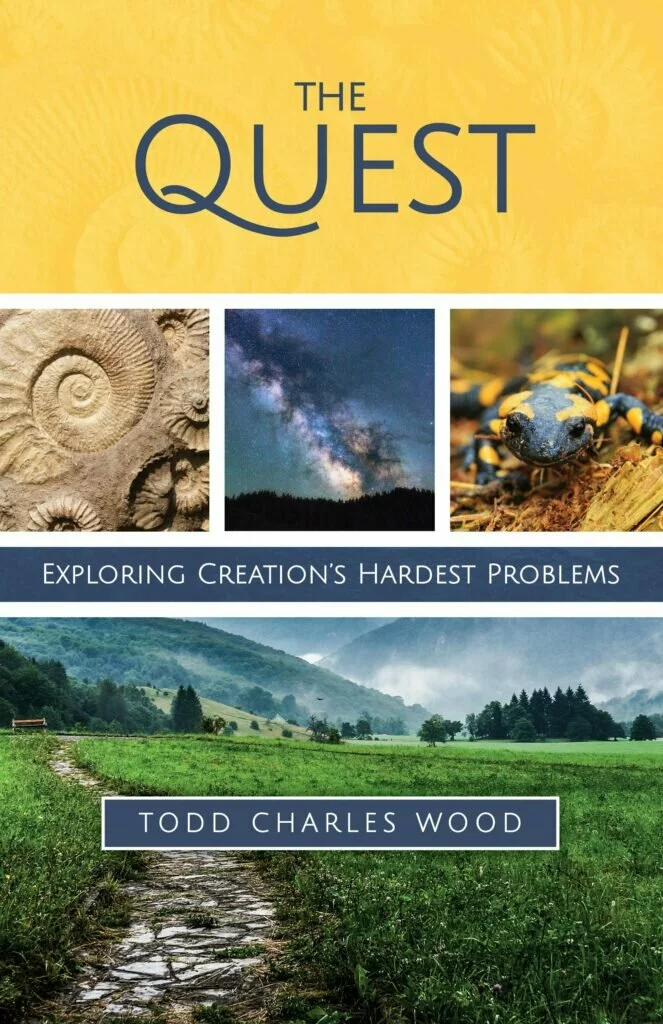
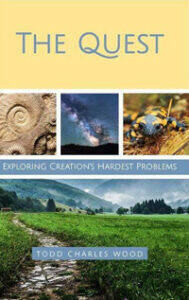


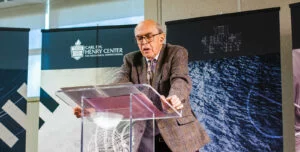

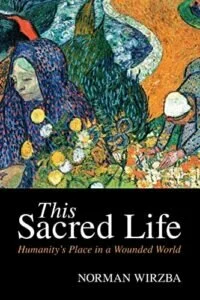
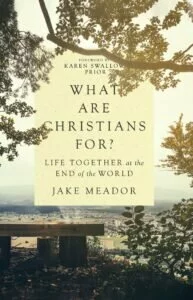
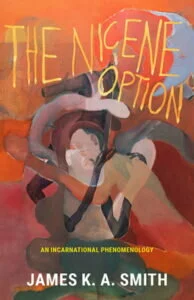
Comments
Be the first one to make a comment!